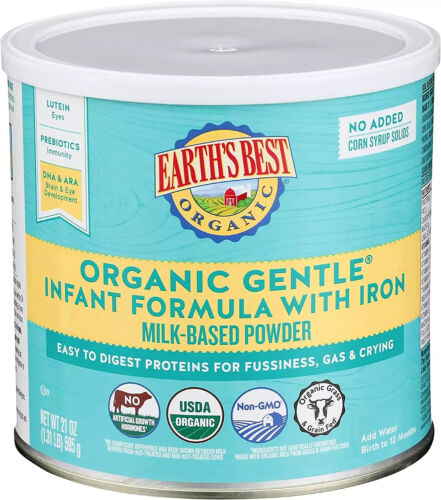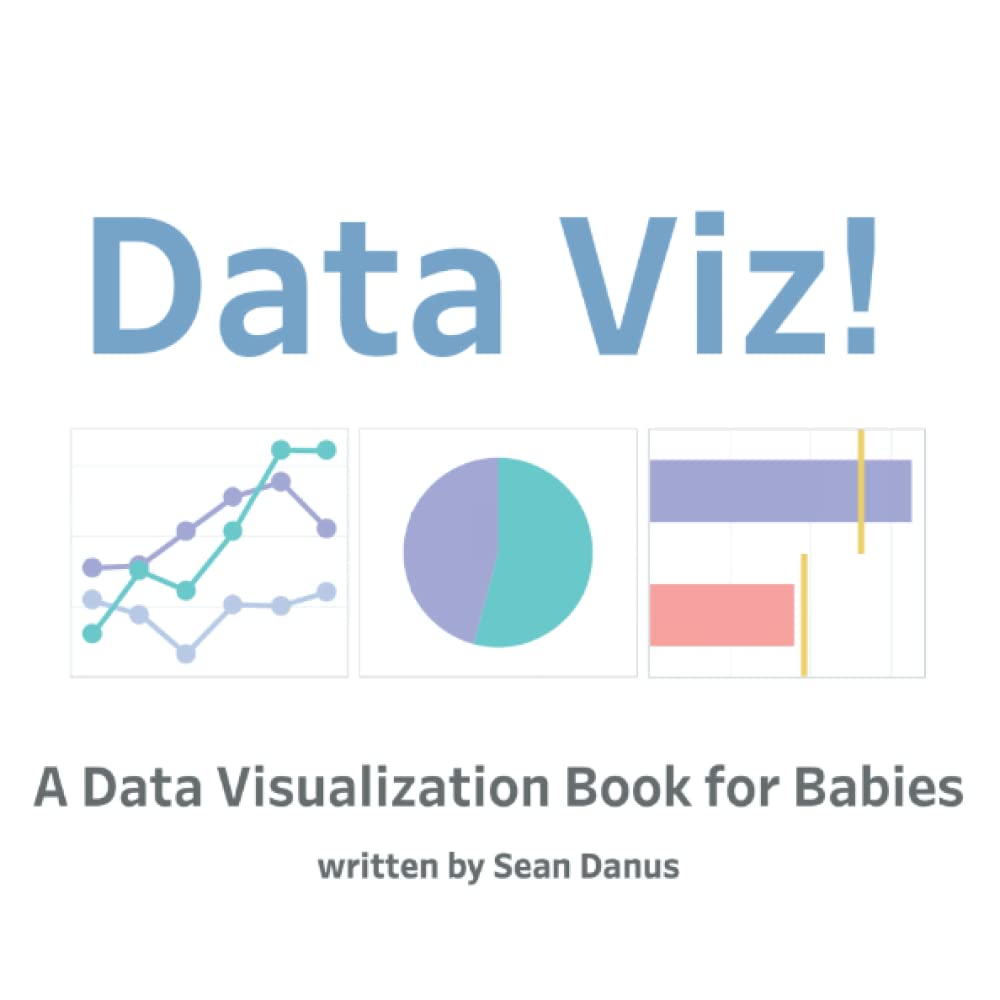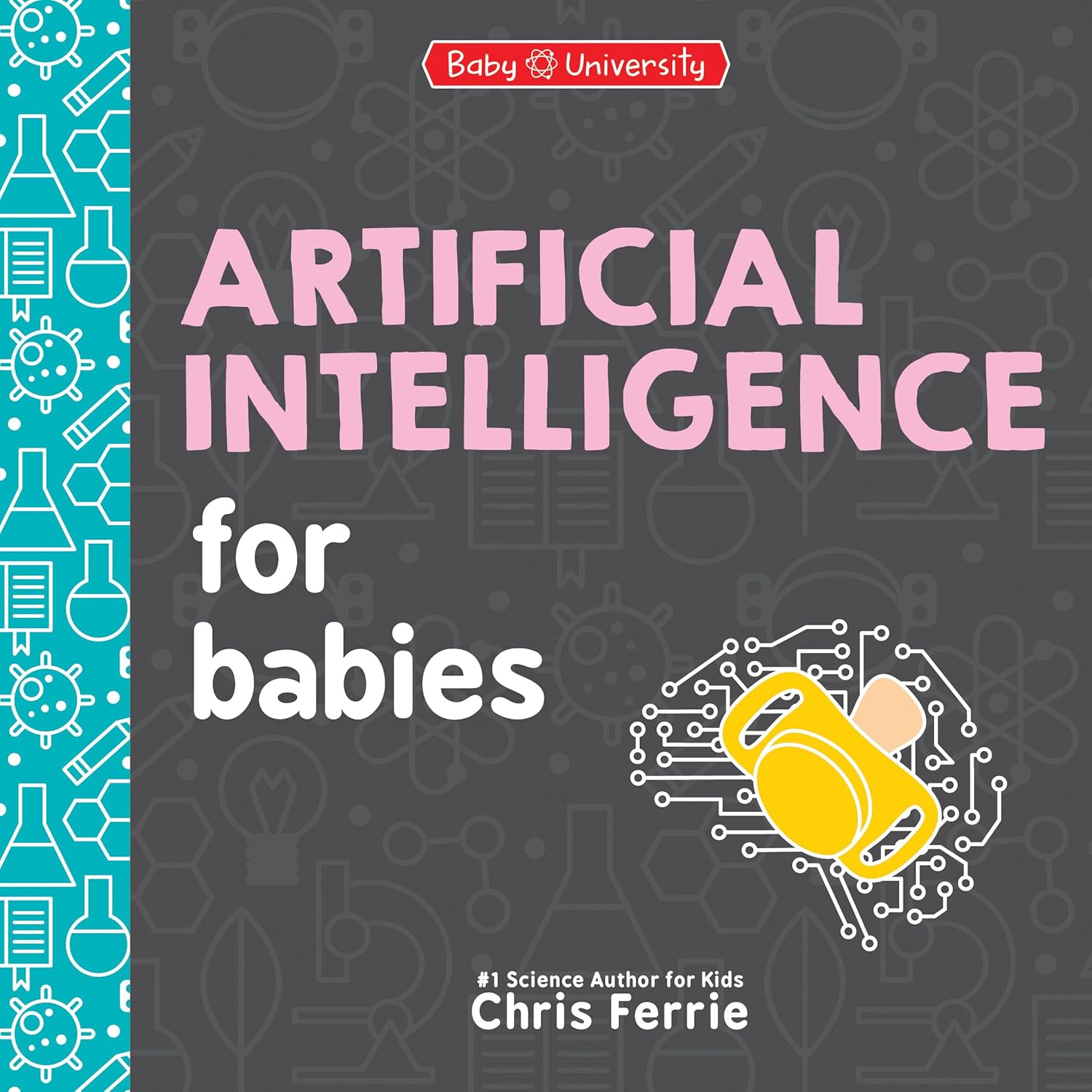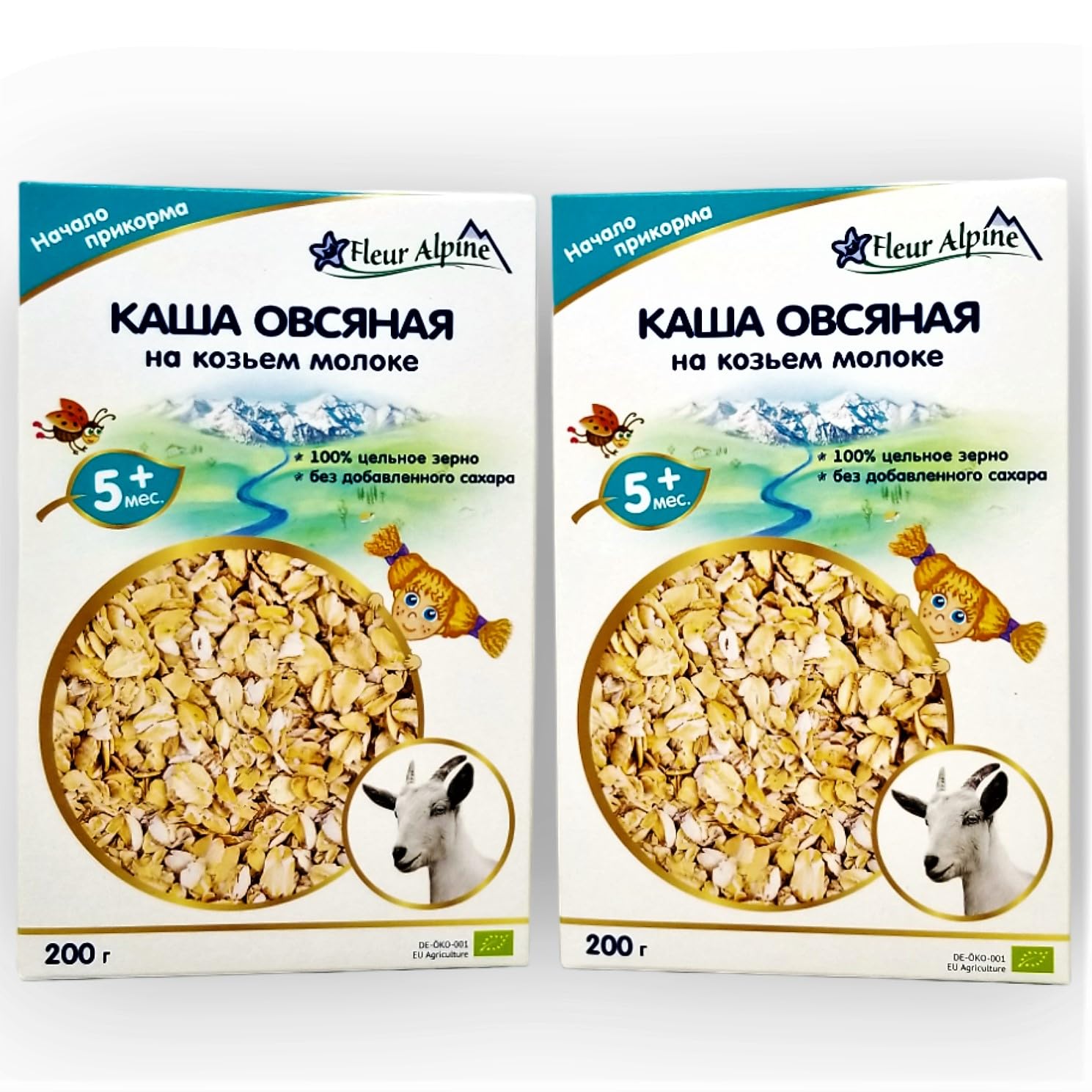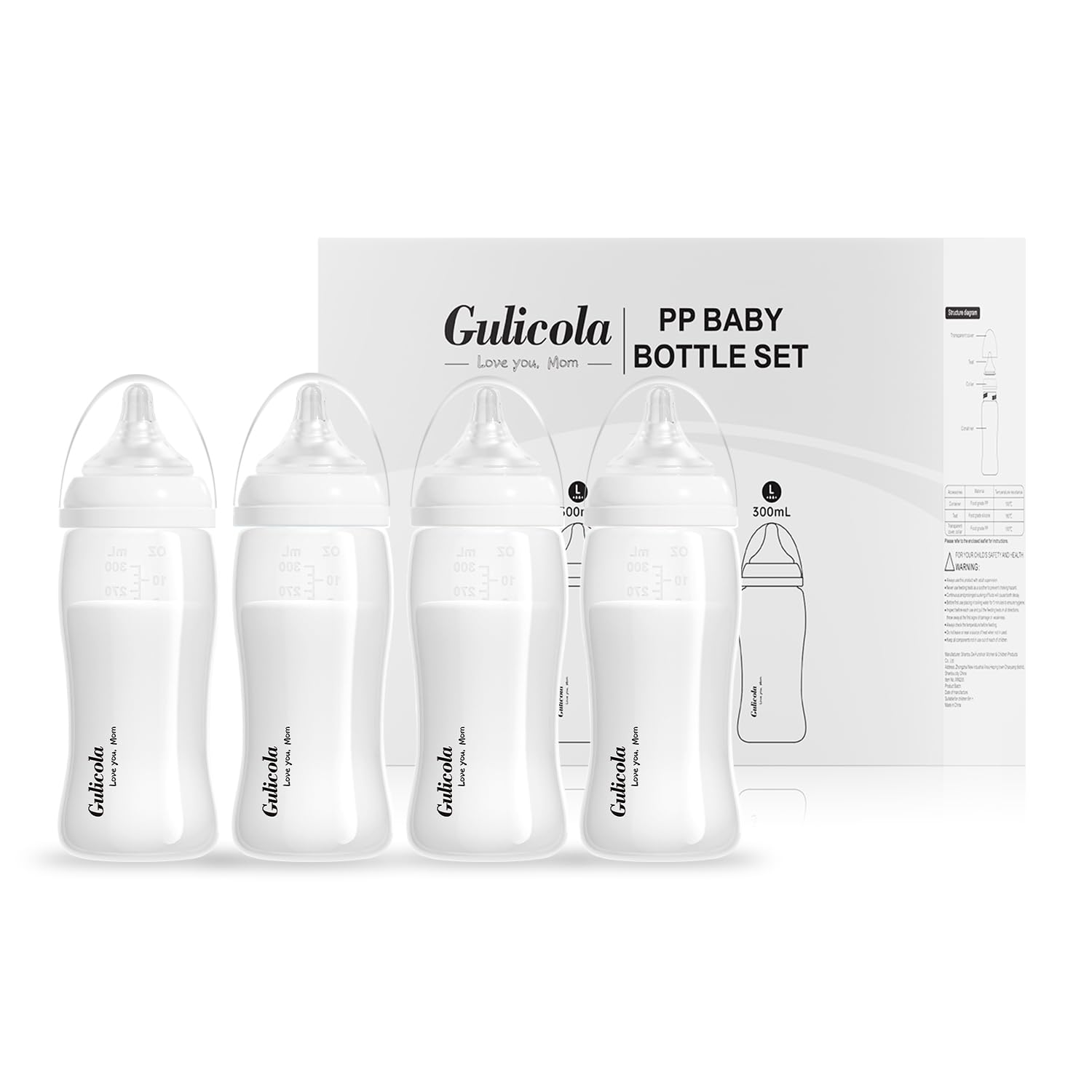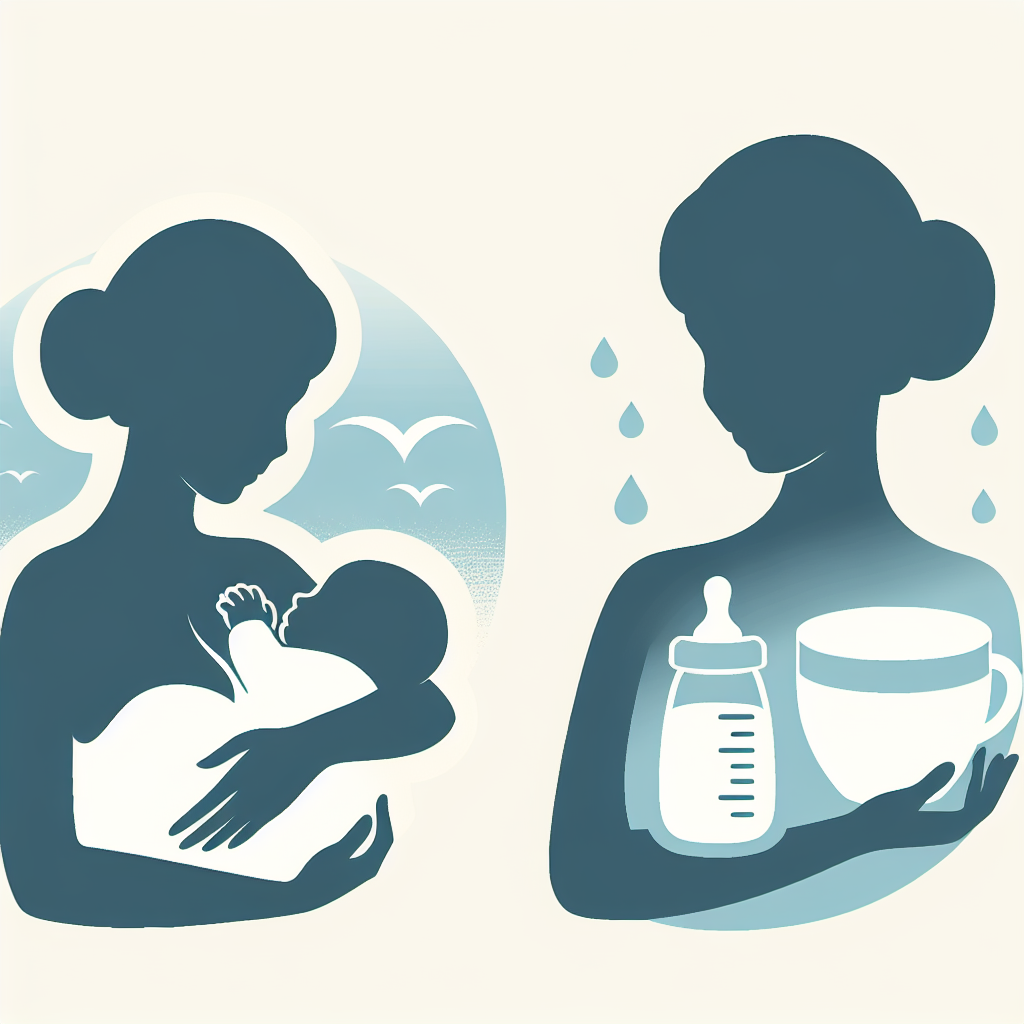Breastfeeding is a natural and instinctive act that provides numerous benefits for both mother and baby. The American Academy of Pediatrics recommends exclusive breastfeeding for the first six months of a baby’s life, as breast milk is the ideal nutrition for infants.
One of the primary benefits of breastfeeding is the nutritional content of breast milk. It contains the perfect balance of nutrients, antibodies, and enzymes that are vital for a baby’s growth and development. Breast milk also contains essential fatty acids that are crucial for brain development, as well as antibodies that help protect babies from infections and illnesses.
In addition to the nutritional benefits, breastfeeding also helps to establish a strong bond between mother and baby. The act of breastfeeding promotes skin-to-skin contact, which releases the hormone oxytocin, also known as the “love hormone.” This hormone helps to strengthen the emotional bond between mother and baby, leading to better emotional and psychological development for the child.
Breastfeeding has also been shown to have numerous health benefits for both mother and baby. For babies, breastfeeding has been linked to a reduced risk of Sudden Infant Death Syndrome (SIDS), as well as a decreased risk of developing allergies, asthma, and obesity later in life. For mothers, breastfeeding can help to reduce the risk of certain types of cancer, including breast and ovarian cancer, as well as help with postpartum weight loss.
On the other hand, formula feeding also has its benefits. Formula feeding can be a good option for mothers who are unable to breastfeed or who choose not to breastfeed for personal reasons. Formula feeding provides a convenient and practical option for feeding babies, as it does not require the mother to be present for every feeding.
However, it is important to note that formula feeding does not provide the same nutritional and health benefits as breastfeeding. Formula milk does not contain the same antibodies and enzymes found in breast milk, which means that formula-fed babies may be more susceptible to infections and illnesses. Formula feeding also does not provide the same emotional and psychological benefits as breastfeeding, as it does not promote the same level of bonding between mother and baby.
In conclusion, while both breastfeeding and formula feeding have their own set of benefits, breastfeeding is generally considered the best option for infants due to its numerous nutritional, emotional, and health benefits. However, it is important for mothers to choose the feeding method that works best for them and their baby, as the most important thing is to ensure that the baby is getting the nourishment and care that they need to thrive and grow.


